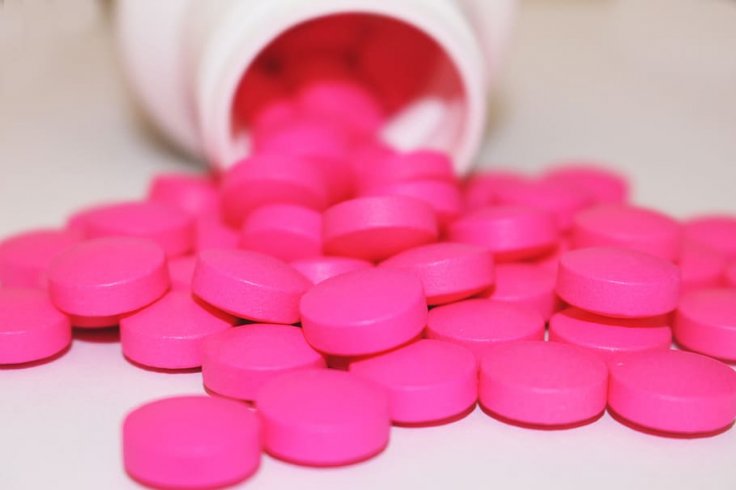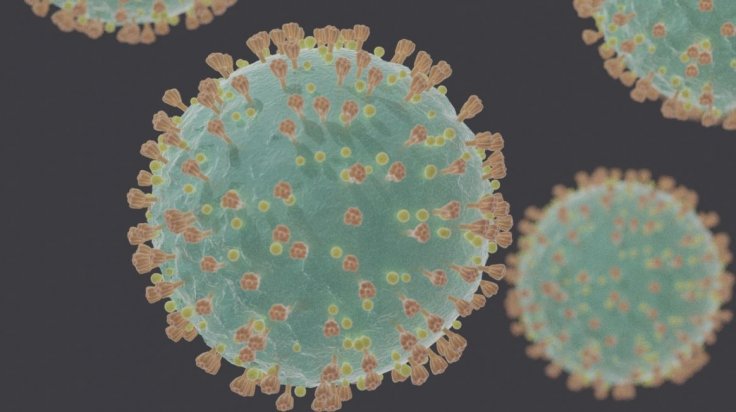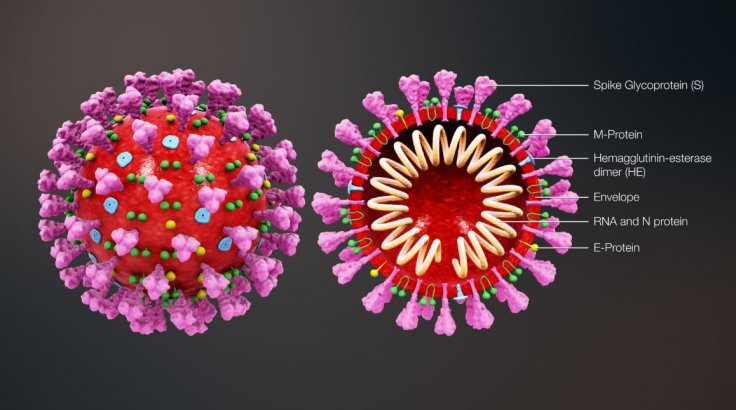With the spread of the COVID-19 pandemic showing no signs of slowing down, finding a cure to combat the disease has become the foremost priority of researchers across the world. Offering some good news amidst this crisis is a new drug that could turn the tide against SARS-CoV-2.
According to a study led by the University of North Carolina at Chapel Hill, the new drug — EIDD-2801 — was found to reduce lung damage caused by the disease in mice and cultured human cells. What is better is that it was also found to be effective against other coronaviruses such as SARS-CoV and MERS-CoV. The researchers discovered that when the drug is employed as a prophylactic — medication used as a preventive measure — EIDD-2801 could prevent acute lung damage in infected mice.
"This new drug not only has high potential for treating COVID-19 patients, but also appears effective for the treatment of other serious coronavirus infections," said Ralph Baric, senior author of the study, in a statement. EIDD-2801 has been approved by the FDA for human trials.

What is EIDD-2801?
It is an oral form of an antiviral compound known as EIDD-1931, which was developed by the Emory Institute for Drug Development (EIDD). The drug inhibits the replication of a broad spectrum of coronaviruses. When consumed as a pill, it ensures better absorption and transportation to the lungs.
Mark Denison, a collaborator in the current study, served as the senior author of another study published in December 2019, which first reported that EIDD-1931 prevented the replication of multiple RNA viruses.
Effective and easy administration
When EIDD-2801 was used to treat the infection 12 to 24 hours after its onset, the drug was found to reduce the level of weight loss and lung damage in mice. When compared to mice, the period between the contraction of the disease and death is significantly longer in human beings. Therefore, the chances of seeing favourable human results are higher.

One of the primary advantages of EIDD-2801 is its mode of administration. Unlike other potential treatment options that are delivered intravenously, EIDD-2801 can be taken as a pill. Also, it has the prospective advantage for prophylaxis-preventive treatment — in scenarios where people may have been exposed to the coronavirus but do not present symptoms.
Potential to tackle new coronaviruses in the future
While EIDD-2801 was found to be effective against Sars cov2, it was also found to be effective against related coronaviruses that cause Middle East Respiratory Syndrome (MERS) and Severe Acute Respiratory Syndrome (SARS). The drug has also shown a potent response against viruses that cause diseases such as chikungunya, Ebola, influenza, Eastern equine encephalitis, and Venezuelan equine encephalitis.
Cautioning that the emergence of new coronaviruses cannot be ruled out, Timothy Sheahan, first author of the study, said: "With three novel human coronaviruses emerging in the past 20 years, it is likely that we will continue to see more."

As the drug exhibits a strong antiviral response against several lethal viruses, Sheahan emphasized that the new drug could potentially serve as an important weapon in the fight against future outbreaks. "EIDD-2801 holds promise to not only treat COVID-19 patients today, but to treat new coronaviruses that may emerge in the future," he added.
Could complement Remdesivir
As of now, Remdesivir, a broad range antiviral, is being touted as a suitable candidate to treat patients suffering from COVID-19. It was developed by Gilead Sciences, a US-based biotechnology company, and was found to exhibit a strong antiviral response against the SARS and MERS coronaviruses. The drug is currently in clinical trials among COVID-19 patients.
However, a recent study by Maria Agostini(co-author of the current study) demonstrated that viruses that showed resistance against Remdesivir were inhibited by EIDD-1931 to a higher degree. Thus, a treatment involving the combination of both drugs may show larger efficiency.
"Viruses that carry Remdesivir resistance mutations are actually more susceptible to EIDD-1931 and vice versa, suggesting that the two drugs could be combined for greater efficacy and to prevent the emergence of resistance," said George Painter, co-author and director of EIDD.
Middle East respiratory syndrome-related coronavirus









